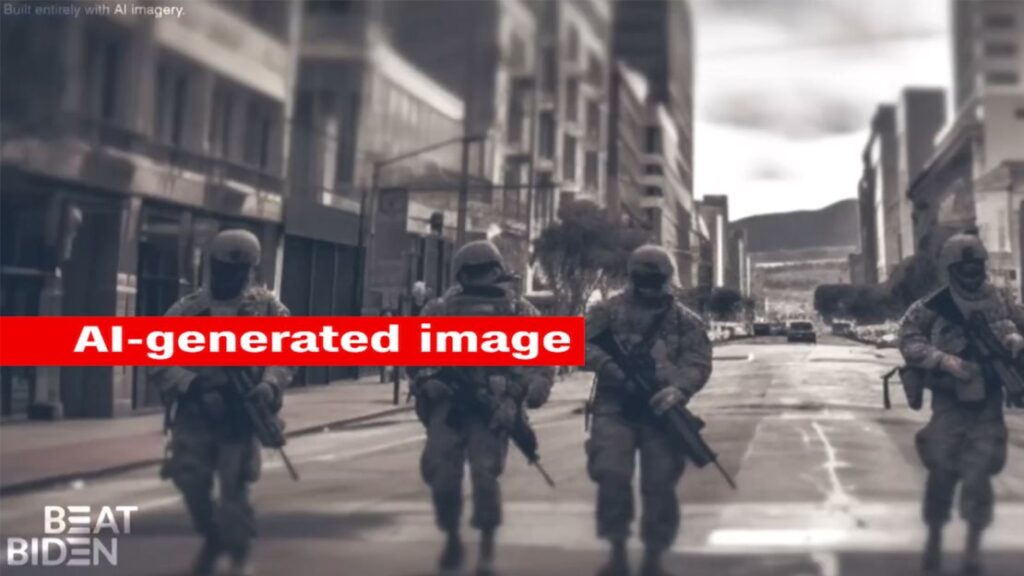
Many Florida lawmakers are optimistic about the potential impact of House Bill 919, also referred to as the Artificial Intelligence Use in Political Advertising legislation.
The proposed bill aims to require political advertisements to include a disclaimer if the advertisements show people performing actions that real people would not perform.
If passed, this bill can potentially restrict the use of artificial intelligence, or AI, through current and future election seasons. The hopeful outcome of HB 919 is to mandate political advertisements created with generative AI, specify the requirements of the disclaimer, and introduce criminal penalties for the failure of not applying the disclaimer; a first-degree misdemeanor crime.
Republican Representative Alex Rizo of Hialeah is spearheading the bill due to having a real concern regarding the use of AI in political advertisements.
“The reason why we wanted to give this a little more teeth than the usual election bills is because now for the first time there is a real concern to really change reality on people,” Rizo said at a news conference.
Since the bill was approved by the House on Feb. 28 by a vote of 104-8, a pro-Donald Trump fan account has posted multiple AI-generated images of Trump with various groups of African Americans.
Although these images were not produced by Trump’s campaign, they have sparked discussions on platforms such as the BBC, The Washington Post, and others surrounding the question of AI-generated images swaying or misleading voters in the United States.
Marianna Spring, author of the “Trump supporters target Black voters with faked AI images” article, published by the BBC, said narratives regarding the 2020 election being stolen were spread without generated or edited images.
“This time around, there is a whole new range of tools available to political partisans and provocateurs which could inflame tensions once again,” Spring wrote.
Callum Hood, CCDH research head, successfully prevented researchers from generating realistic images of both President Biden and Donald Trump, he said.
“Election disinformation was already a problem on social media platforms,” Hood said. “But AI image tools have radically lowered the cost of time, effort, and skill that’s needed to create convincing fake images.”
The use of Trump for these AI-generated images showed the potential damages of how AI-generated political ads could have a potential impact on American voters.
The Florida Senate took up the legislation on March 1 and quickly moved it to the floor for a vote. It passed 32-0, but it’s not clear if the two chambers will agree on a compromise before the session comes to an end on Friday.